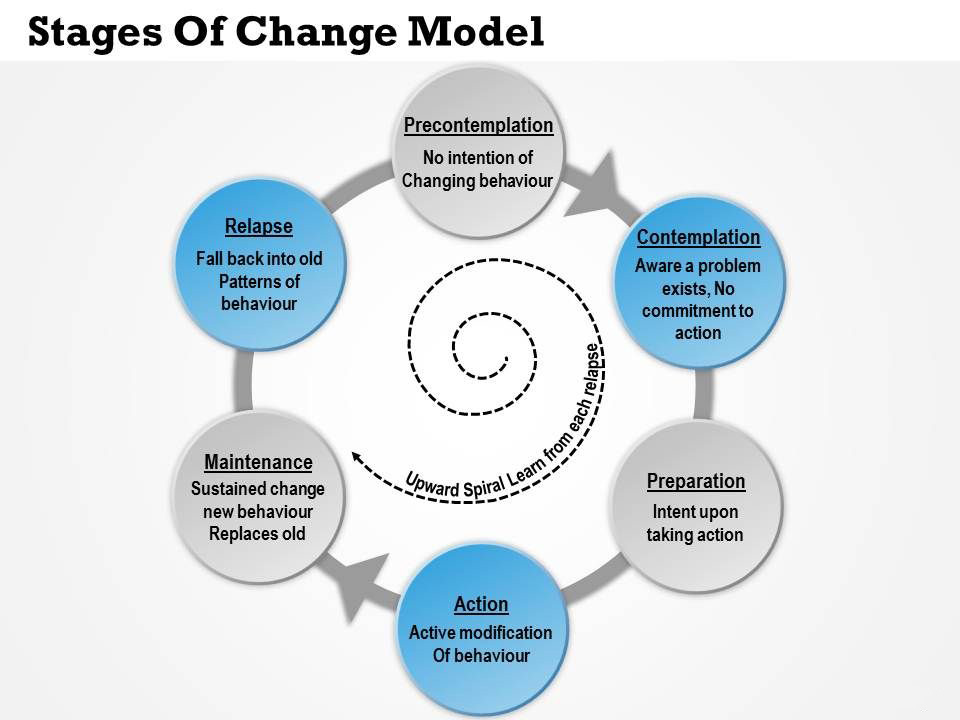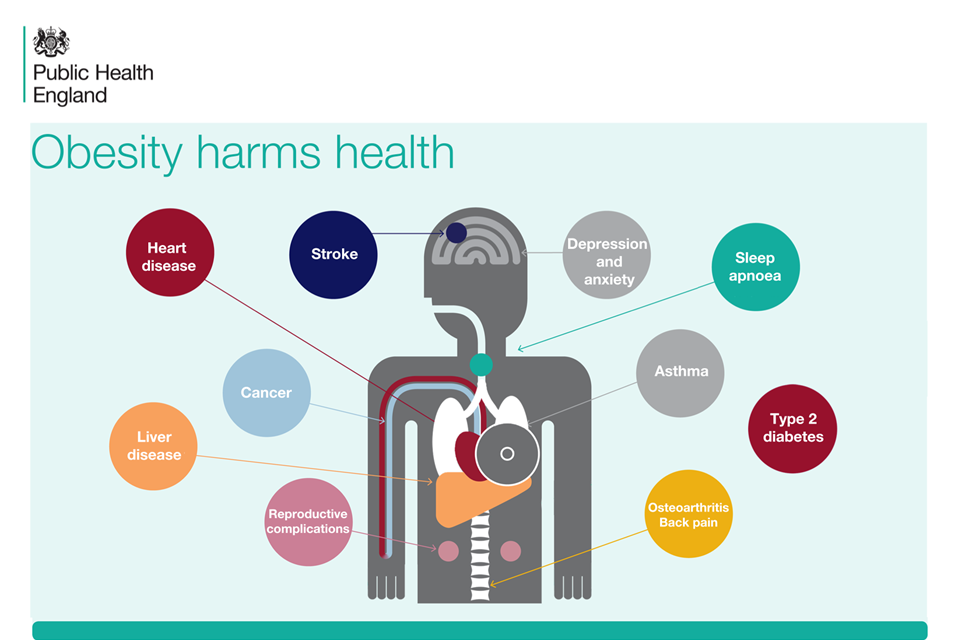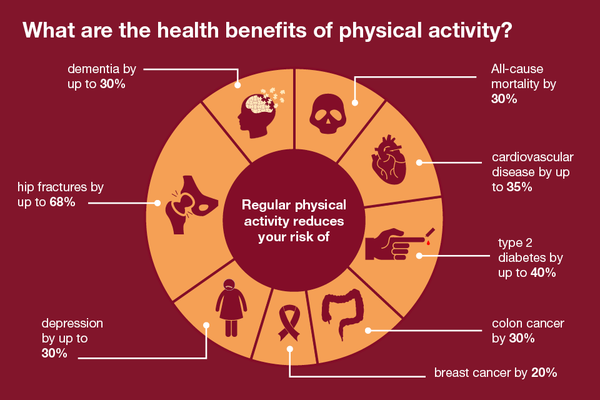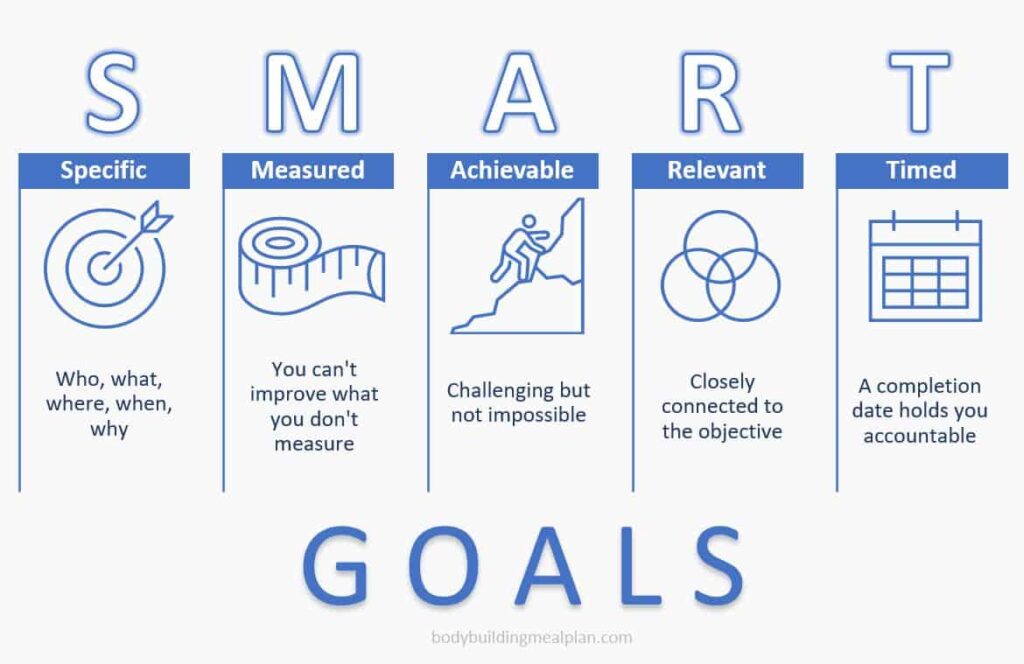Setting and achieving goals is a fundamental aspect of sports performance. Whether it’s improving your endurance, increasing your strength, or mastering a new skill, reaching your fitness goals requires effort and commitment. A cost benefit is a concept often used in the world of business and finance to weigh up the benefits of carrying out a particular strategy vs continuing the status quo. By doing the cost benefit analysis the the business leaders can then make an informed decision to go ahead with implementing a particular strategy. In fitness we can do exactly the same thing and conducting a cost-benefit analysis can be a useful way to help you make informed decisions about changing your behaviours.
Why Change Your Behaviours?
Changing behaviours to align with your fitness goals can have numerous benefits. For example, adopting a healthy diet can provide the necessary fuel for your body to perform at its best. Nutrient-rich foods can support muscle growth, enhance recovery, and improve cognitive function, all of which can contribute to better sports performance. Regular exercise, such as cardiovascular training and strength training, can help you build endurance, strength, and flexibility, leading to improved athletic performance. Additionally, getting enough sleep is crucial for physical and mental recovery, which can optimize your sports performance and overall well-being. Achieving your sports goals can also bring psychological benefits, such as increased self-confidence, motivation, and a sense of accomplishment, which can positively impact your sports performance and overall quality of life.
It’s important to have a vision, where do you want to be and to understand how your life will be better once you get there. This is the major benefit of changing your behaviour. In my experience people who struggle with behaviour change are those who either aren’t ready for change or don’t have a strong enough reason to change. Having a strong enough why or that vison is therefore vital for those looking to change their behaviours.

Is There a Cost Of Staying The Same?
On the other hand, staying the same and not making positive changes in behaviour can come with costs. If you aren’t happy with your current lifestyle then you’ll continue to be unhappy until you make the change. If you want to change your lifestyle, then there’s a reason for this. A sedentary lifestyle can lead to decreased physical performance, reduced muscle strength and flexibility, and increased risk of injuries. Unhealthy eating habits, such as consuming excess sugar, processed foods, can lead to weight gain, poor nutrient intake, and reduced energy levels, which can negatively impact your fitness performance. Inadequate sleep can result in impaired cognitive function, decreased reaction time, and increased risk of injuries. Moreover, not making progress towards your fitness goals can lead to frustration, disappointment, and decreased motivation, which can hinder your ability to perform at your best. Choosing to stay the same may also mean missing out on potential opportunities for growth, learning, or development. Individuals may not fully realise their capabilities or achieve their desired goals if they resist change and remain in their comfort zones. If you want to change your circumstances, you must do something about it. If you’re not prepared to act, then as mentioned above you’re probably not ready for change yet, or you value the current lifestyle more than the idea of the new one.

The Cost-Benefit Analysis?
Cost-benefit analysis is a valuable tool that can help you make informed decisions about changing behaviours in the pursuit of your sports goals. It involves weighing the benefits of achieving your desired fitness performance and overall health against the costs of making changes in your behaviours. So what are the costs vs the benefits?
Benefits of Staying the Same
Despite what you may think, there are some benefits of staying the same, this is why people ultimately don’t make changes to their lifestyle. These benefits include:
- Familiarity and comfort: Sticking too familiar routines and habits can provide a sense of comfort and stability. The individual may prefer to stay within their comfort zones and avoid the uncertainty that comes with change.
- It’s much easier to eat the ready meal or have the take away, compared with the time and effort that goes into preparing a healthy home cooked meal for example
- Avoidance of effort or discomfort: Staying the same may require less effort and discomfort compared to making changes. Individuals may choose to avoid the effort and discomfort associated with changing behaviours, especially if they do not perceive an immediate need for change.
- Minimal disruption: Maintaining the status quo may require minimal disruption to an athlete’s current lifestyle, schedule, or routines. This can be appealing to an individual who wish to avoid disruptions or changes that could potentially affect other areas of their life.
- You might have a favourite program on a night or kids to pick up from school, changing might mean getting up a little earlier, or having to change your routine to fit everything in.

Costs of Changing Behaviours
- Effort and time: This is the big one. Changing behaviours requires effort and time, which may be perceived as a cost. It means stepping out of your comfort zones. For example, committing to a consistent training regimen, adhering to a strict nutrition plan, or sacrificing leisure time for practice or competitions may require significant dedication and discipline. Particularly if you’re not used to exercising, this can mean a whole new lifestyle.
- It doesn’t mean you’ll not be able to do some of the things you love, but over time you’ll come to realise your lifestyle looks significantly different to the one you were living previously.
- Discomfort or challenges: Changing behaviours can sometimes be uncomfortable or challenging. It involves stepping out of your comfort zone, facing fears or obstacles, and pushing through difficult moments. This discomfort or challenge may be seen as a cost in the short term but don’t forget about the long-term benefits.
- Uncertainty: Change can also bring uncertainty, and the individual may have to navigate unfamiliar territory or face potential setbacks or failures. This uncertainty can be perceived as a cost and may require resilience, adaptability, and a growth mindset to overcome.
- The payoff for overcoming setbacks and achieving goals is huge. Not only does it build resilience transferable to other areas of your life, but it also enhances the sense of achievement once you finally reach that goal.
Strategies for Overcoming Costs
Overcoming the costs associated with changing behaviours can be challenging, but there are strategies that can help:
- Goal setting is important so first, set SMART Goals. These are goals which are specific, measurable, achievable realistic and time based. It’s like going on a journey, if your plan is travel somewhere, you’ve never been before then it helps to have a map. Without a map you can end up getting lost and you might not get to your destination.
- Breaking down your goals into smaller, manageable steps is helpful. if I had a client trying to lose 20kg, I’d start by focusing on losing 1 or 2kg. This makes the goals more attainable. Having short-, medium- and long-term goals can help you develop a road map for change. So create action plans and set specific deadlines to hold yourself accountable.

- Build a support system, Surround yourself with a support system that can help you stay accountable and motivated. This can include coaches, teammates, friends, or family members who can provide encouragement, guidance, and support. Share your goals and progress with them, and seek their input and feedback to stay on track with your behaviour change efforts.
- When I speak to perspective clients this is the number one reason they want a coach, they want someone to hold them to account for their goals to give them a pat on the back when they’re doing well, to be empathetic and to tell them to pull their socks up when the time is right
- Develop healthy habits gradually, and celebrate small successes along the way to stay motivated, if you slip up don’t be so hard on yourself. Practice self-compassion and be patient with yourself as change takes time and effort.
- Small changes are better than larger ones, like with the road map, changing one thing at a time rather than wholesale changes can be a better strategy to help you in the long term.
- Do your own cost benefit analysis, what do you stand to gain by changing your lifestyle vs the advantages of staying the same? Take your time to write down the things you value and what you really want to achieve. You might find that you reset your expectations and actually you don’t need to make the major changes you need to, to get to the fitness outcome you really want.
- Practice self-reflection and self-awareness, reflect on your current behaviours and habits, and become aware of any barriers or triggers that may hinder your behaviour change efforts. Identify any thoughts, emotions, or situations that may lead to setbacks, and develop strategies to overcome them. For example, if stress triggers unhealthy eating habits, identify alternative coping mechanisms such as deep breathing, meditation, talking to a trusted friend, or going for a walk
- Reward yourself and celebrate progress: Recognise and reward yourself for each step of progress towards your behaviour change goal. Celebrate your achievements, no matter how small, as it helps to reinforce the desired behaviour and motivates you to continue. This can be as simple as treating yourself to something you enjoy or giving yourself a pat on the back for a job well done.
Remember that behaviour change takes time and effort, and setbacks may occur along the way. A cost benefit analysis can be a useful way to help focus the mind on the reasons why you need to change your behaviours. Be patient with yourself though, setbacks will happen along the way and stay committed to your goals, and be willing to adjust your strategies as needed. With determination, consistency, and the right strategies in place, you can successfully implement behaviour change and achieve your fitness goals. As always if you think we can help you at Pro Prep Coaching then follow the link to the sign up button.
